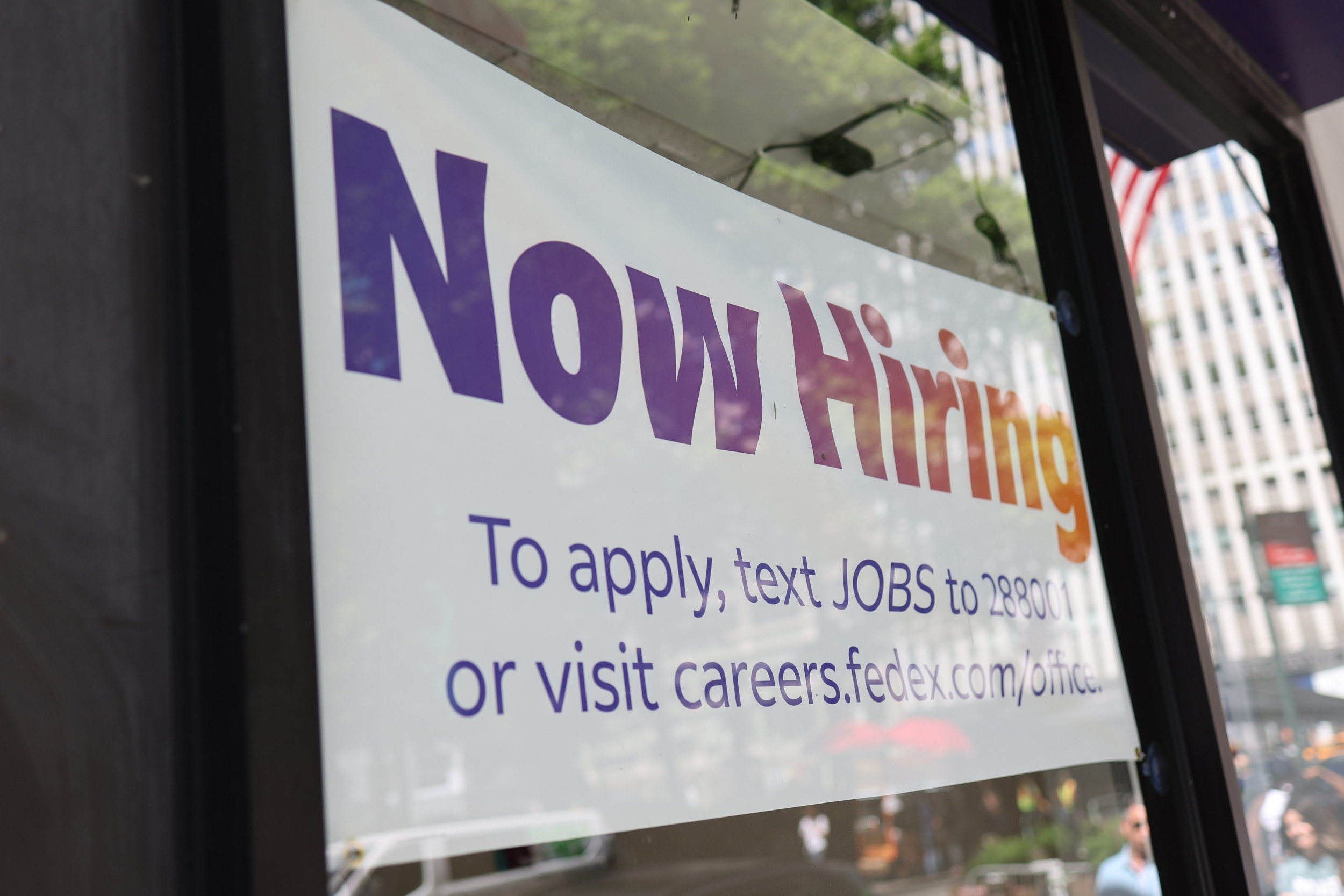A recent report from Bankrate reveals that nearly half of Americans plan to switch jobs in the coming year, with Generation Z leading the charge. Released on Monday, the survey found that 48% of U.S. adults are considering a job search within the next 12 months. Interestingly, 39% of Gen Z respondents, born from the mid-1990s to the early 2010s, expressed intentions to resign this year, significantly higher than the 25% average across all workers.
In contrast, only 29% of millennials, 19% of Generation X, and a mere 11% of baby boomers plan to do the same.
The survey, conducted by YouGov with a sample size of 2,326 adults—1,124 of whom are either employed full-time or actively seeking full-time work—was carried out from July 23 to 25, 2024.
Mark Hamrick, Bankrate’s senior economic analyst, noted uncertainty about whether the current job market will meet the demands of those seeking better salaries or more flexible work arrangements. He stated, “This is not the red-hot job market we saw during the economic reopening a couple of years ago. It’s more reflective of pre-pandemic conditions.”
According to Hamrick, the job market has slowed since the Federal Reserve raised interest rates, particularly affecting sectors tied to housing.
“If we witness a pattern of Fed easing soon, which might help avoid a recession, we could see some revival in these sectors leading to new job opportunities,” he commented.

Michael M. Santiago/Getty Images)
About 43% of participants in the Bankrate survey plan to request raises this year, with younger generations being the most likely to do so. This comes amidst heightened job security concerns compared to two years ago.
Since interest rates began rising in March 2022, around 30% of workers reported increased anxiety over job security, while only 16% felt less concerned. Overall, 70% acknowledged having some level of worry about their job stability.
With the unemployment rate inching up to 4.3% and employers adding just 114,000 jobs in the latest employment report from July, experts like Alex Beene, a financial literacy instructor at the University of Tennessee at Martin, suggest that although many express a desire to leave their jobs, fewer may actually act on it.
“While the robust job market of recent years fueled the 2022 ‘Great Resignation,’ the current landscape suggests fewer options for employees,” Beene noted. “That said, people should not stick with jobs they dislike, but it’s crucial to have a strategy in mind when considering a departure; the era of easy job-hopping appears to be fading.”
